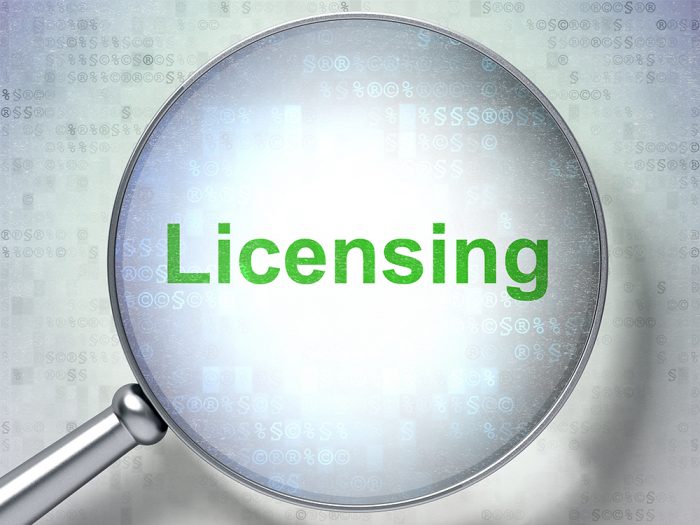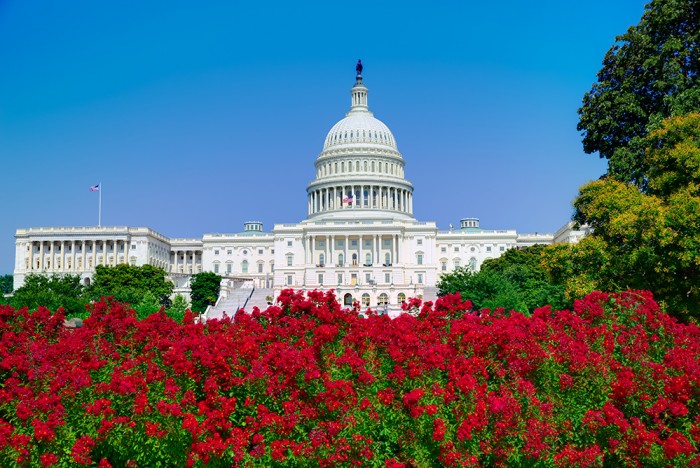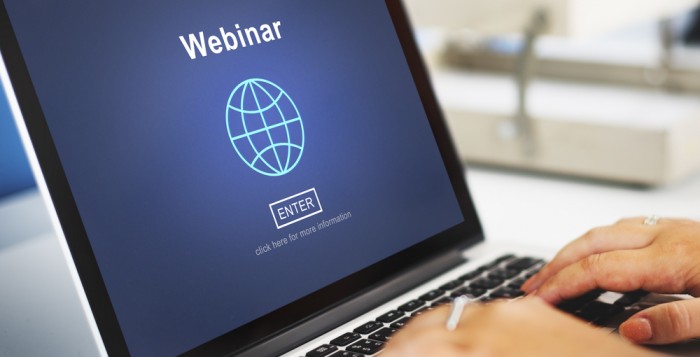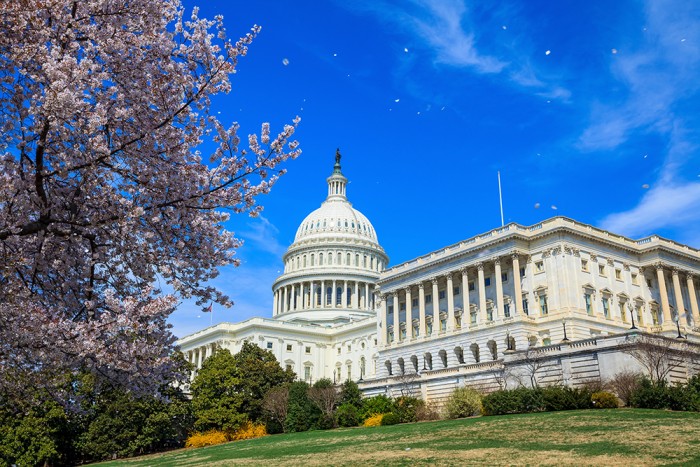Beginning June 9, 2022, the Pennsylvania Department of Drug and Alcohol Programs (DDAP) will have the authority to impose fines on operators of unlicensed recovery houses that receive public funding.
View the Recovery House Licensure Information Bulletin here.
DDAP’s recovery house licensure program is live as of December 11, 2021. You can learn more about recovery house licensing and how to apply on the DDAP licensing web page. This message is to remind all recovery houses in Pennsylvania, as well as entities who refer individuals to recovery houses, of several requirements of the Recovery House Law (Act 59 of 2017), including the approaching June 9 deadline.
Requirements to Obtain a License:
Recovery houses must obtain a license from DDAP if:
- They are receiving federal or state funding;
- They are receiving referrals from publicly-funded facilities; and/or
- They are receiving referrals for individuals whose substance use disorder (SUD) treatment is funded with federal or state funding.
*Recovery houses that are not required to obtain a license may still choose to do so.
Referral Requirements:
- State or county courts must give first consideration to recovery houses that are licensed by DDAP when making residential recommendations for individuals under their supervision.
- Treatment providers making recovery house referrals for publicly-funded clients must refer to recovery houses that are licensed by DDAP.
- Any state agency or state-funded facility making recovery house referrals must refer to recovery houses that are licensed by DDAP. A “state-funded facility” is any facility that receives any type of funding from a state agency. For example, this may include an SUD treatment facility that receives funding from their Single County Authority, Managed Care Organization, or a grant from a state agency. It also includes state and state-funded agencies that make referrals for residential settings, such as the criminal justice, juvenile justice, and child welfare systems.
Names, locations, and additional details about each DDAP-licensed recovery house in Pennsylvania are regularly updated on DDAP’s Facility Locator. Select “Recovery House” under the Facility Type Search drop-down on the left-hand panel, and narrow your search by location if desired. A searchable map will also be made available on the DDAP website in the coming weeks.
Fines for Unlicensed Recovery Houses That Receive Public Funds:
Furthermore, the recovery house law requires that DDAP impose fines (up to $1,000 for each violation) on unlicensed recovery houses that are “funded, in whole or in part, by a department or a Federal, other State, or county agency.” This requirement was incorporated in the regulations at 28 Pa. Code § 717.14. As detailed in the Preamble to the regulations, this section will become effective 180 days after publication of the regulations in the Pennsylvania Code & Bulletin on December 11, 2021. Beginning June 9, 2022, DDAP will have the authority to impose fines up to $1,000 per day on operators of unlicensed recovery houses that receive public funding.
Training:
To further assist recovery home operators in the application process, the Bureau of Program Licensure offers a free one-day training workshop designed to answer the various questions associated with the application process. Participation in the workshop results in a decrease in the amount of time it takes to approve applications, resulting in the license being issued sooner to those applicants who participate. The workshop is offered a minimum of once every month. Additional sessions are scheduled based upon interest or need. Requests to register for the training should be sent via email. Call 717-783-8675 with questions.

















